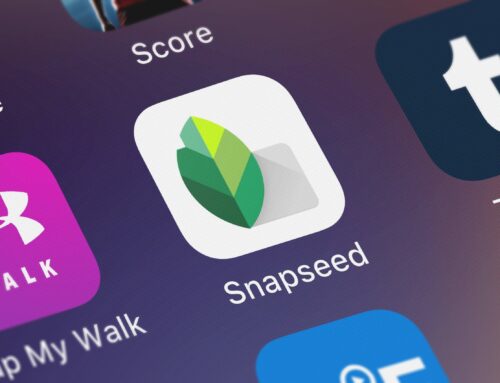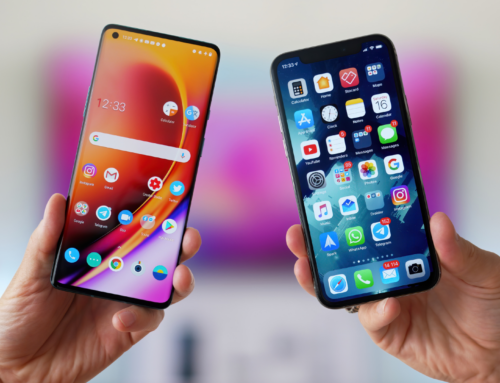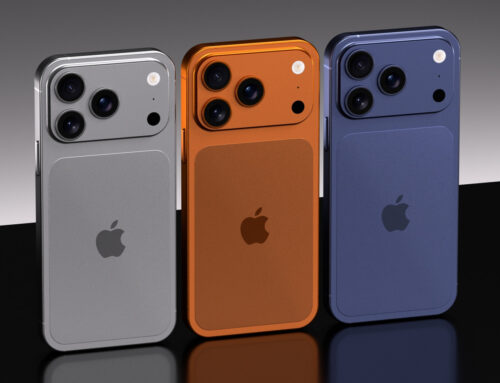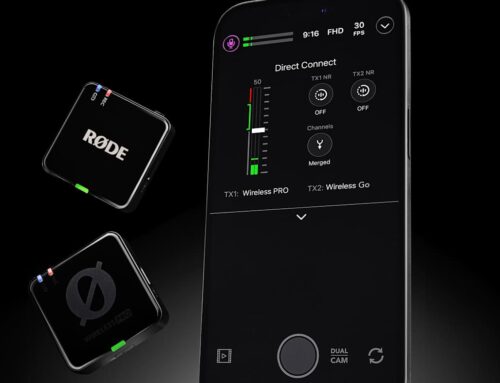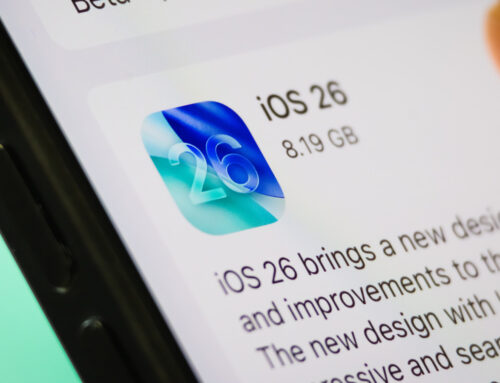
Enlarge / Artist’s conception of Epic dodging harm from Apple’s decisions (and perhaps its own).
It’s been four years since Fortnite, one of the world’s most popular games, was pulled from the Apple App Store in a blaze of controversy and finger-pointing. Today, it’s returning to the iPhone—but only in the European Union.
Today marks the launch of the Epic Games Store on Android and iOS—iOS just in Europe, Android worldwide. Right now, it just has three games: Fortnite, Rocket League Sideswipe, and Fall Guys. And you’ll have to be in Europe to access it on your iPhone.
The Epic Games Store is run by Epic Games, the same company that develops and publishes Fortnite. Most folks who have been paying attention to either Epic or Apple in recent years knows the story at this point, but here’s the quick summary and analysis.
Opinion: Users are still the losers after four years
At the direction of CEO Tim Sweeney, Epic knowingly made changes to Fortnite related to digital payments that violated Apple’s terms for developers on the platform. Apple removed Fortnite accordingly, and a long, ugly PR and legal battle ensued between the two companies in multiple countries and regions.
In the US, a judge’s decision granted some small wins to Epic and other developers seeking to loosen Apple’s grip on the platform, but it kept the status quo for the most part.
Things went a little differently in Europe. EU legislators and regulators enacted the Digital Markets Act (DMA), which had far-reaching implications for how Apple and Google run their app stores. Among other things, the new law required Apple to allow third-party, alternative app stores (basically, sideloading) on the iPhone.
Apple’s compliance was far from enthusiastic (the company cited security and privacy concerns for users, which is valid, but the elephant in the room is, of course, its confident grip on app revenues on its platforms), and it was criticized for trying to put up barriers. Additionally, Apple rejected Epic’s attempts to launch its app store multiple times for a few arcane reasons amid a flurry of almost comically over-the-top tweets from Sweeney criticizing the company.
Despite Apple’s foot-dragging, Epic has finally reached the point where it could launch its app store. Epic had already launched a relatively successful App Store on PC, where Valve’s Steam holds a strong grip on users. The new iPhone app store doesn’t offer nearly as many options or perks as the PC version, but Epic says it’s working on wrangling developers onto its store.
It also says it will release its games on other alternative app stores on iOS and Android, such as AltStore PAL.
It’s been a long, winding, angry path to get to this point. In the battle between Epic and Apple, there remains some debate about who really has won up to this point. But there isn’t much dispute that, whether you want to blame Apple or Epic or both, users sure haven’t been the winners.


